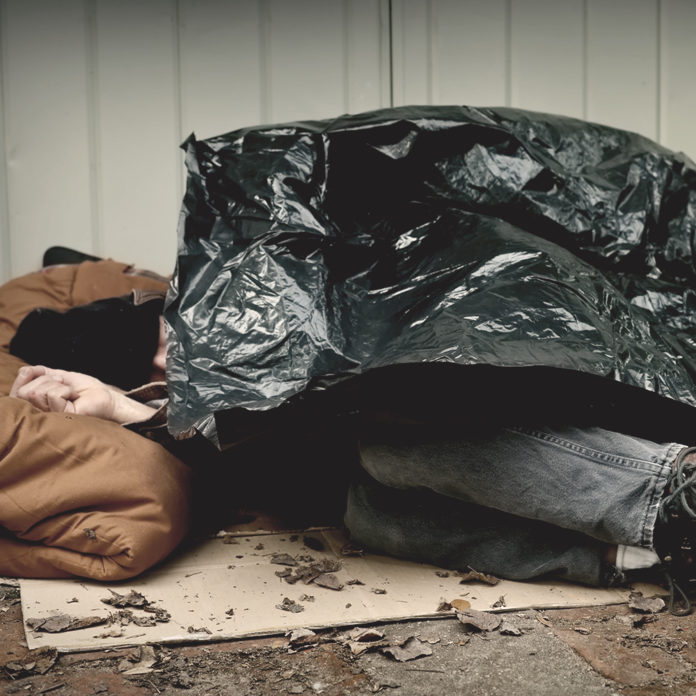
As we approach an icy winter in my home country, South Africa, the familiar charity campaigns on many radio stations, in shopping malls, charities, and churches remind us once again of the desperate needs of the poor and vulnerable in our society. Although we live alongside these people all year round, there are only a few times a year when efforts are exponentially mobilised to focus our attention, resources and time on them. The winter season, Mandela Day, and Christmas all force us to look into the eyes of the needy, pause, and actually do something to help them, albeit for a few fleeting moments.
These efforts are admirable and they do make a difference in the lives of many people across the country during some of the most challenging times of the year. There’s also no doubt our actions make us feel like we’re doing enough to bring a glimmer of hope to those on the edges of society, but I do think we shouldn’t be drawn into the false sense of belief that helping the poor three times a year is enough.
Poverty can leave us feeling overwhelmed to the point of becoming desensitised and numb to the human being behind the bigness of the need.
Could it be that one of the reasons we struggle with poverty is because the person behind it scares us? We’re scared of the commitment we feel we’re obliged to make when we reach out. It’s a legitimate feeling, but when it pulls us back from the most needy in our society – back to our safe, warm houses with full bellies – and we deliberately turn our eyes away from the need, our hearts grow cold and we can’t live in the warm glow of the blessing of giving: giving of ourselves; our time, resources, and experience.
It only takes one genuine interaction with someone less fortunate or more vulnerable than us to see, and not be afraid of the humanity behind the poverty. Everyone has a story to tell and most people just want to be heard. How many of us would be willing to pause long enough to simply hear someone’s story? I heard a guy speak about his work with the homeless and poor and he said that one of the simplest ways to make someone feel human is to intentionally acknowledge them and not ignore them.
That feel-good-factor you get when you give the man or woman at the lights your leftover sandwich or apple, donate your old clothes to charity, or bring tinned food to your church can be felt more than just three times a year. When we deliberately live intentionally aware of the need around us, not fearing it, ignoring or running from it, but facing it and choosing to do what we can, with what we have, we come alive to the beauty of being a blessing to another human being.
